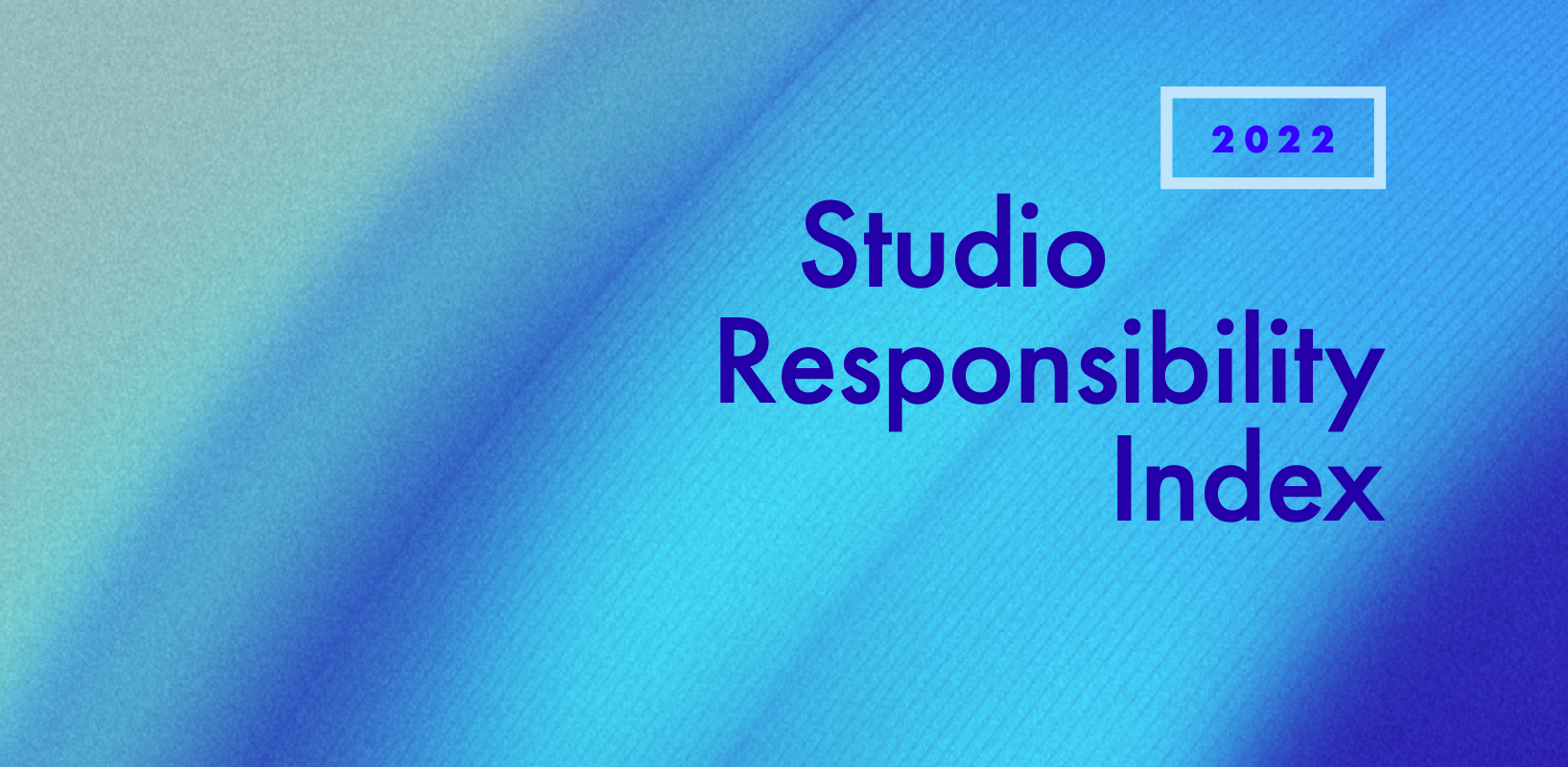GLAAD offers the following insights on how studios can both improve depictions of LGBTQ characters and erase outdated tropes and stereotypes.
GLAAD has repeatedly noted an issue with the lack of meaningful screen time for LGBTQ characters in releases from major studio distributors. The previous year actually saw improvement in this metric with half of LGBTQ characters clocking more than ten minutes of screen time in movies like The New Mutants, Freaky, Fantasy Island, and The Broken Hearts Gallery. Unfortunately, this year we’ve noted a decrease, with only seven of the 28 (25%) LGBTQ characters counted in 2021 surpassing ten minutes of screen time, including characters in Our Ladies, Eternals, The King’s Man, Jungle Cruise, and In The Heights. The majority of LGBTQ characters fell under five minutes of total screen time at 17 of the 28 (60%), with six of those being under one minute (21% of total LGBTQ characters). This growing separation of near equal numbers of characters hitting under one minute and over ten minutes, with few characters falling in between, demonstrates the opportunity for more LGBTQ characters to be included in ensemble roles. There is a wide variety of stories waiting to be told and opportunities for inclusion in films where an LGBTQ character is a meaningful part of the plot – and for unambiguously marketing and promoting those movies as being both great stories and inclusive of underrepresented characters.
For the first time in five years, GLAAD counted a transgender character in a major studio release with the introduction of Anybodys in Disney’s West Side Story. Prior to this, the last transgender character GLAAD counted was an offensive caricature in the 2016 film Zoolander 2, a non-binary model named All portrayed by Benedict Cumberbatch. Polls show that approximately 31 percent of Americans say they personally know someone who is transgender, compared to nearly 90 percent who know someone who is lesbian, gay, or bisexual. However, when focusing on Americans under age 30, that number jumps from 31 all the way up to 50 percent of people who say they personally know someone in their daily lives who is transgender. It is noteworthy that Anybodys’ character was part of a tentpole film seen by broad audiences, including those who may not actively choose to see films with leading LGBTQ characters. Negative media coverage and outright misinformation about transgender people has led to the introduction of a record-breaking number of anti-trans legislative proposals, and has made it more important than ever that Hollywood ensures the stories of trans characters make it to screen. While TV has made amazing leaps in this space, film has lagged behind. GLAAD and 5050by2020’s TRANSform Hollywood, a free, in-depth digital guide offering tips and best practices for collaborating with trans storytellers and fostering a more trans-inclusive production environment, is a first step resource available for productions beginning this work. GLAAD is also available as a trusted and proven resource, as well as a route to find amazing transgender storytellers and actors to hire. Creators should also screen Disclosure, a Certified Fresh documentary available on Netflix which explores and contextualizes the last 100 years of trans representation in TV and film and the impact of those stereotypical portrayals on how society views trans people and how trans people view themselves. It is essential viewing for everyone, but especially anyone creating stories with transgender characters.
Major studio film continues to fall behind representing reality as only two films (2.6 percent of all films) included bisexual characters this year. These characters are Kay and Catriona in Sony’s Our Ladies and Rasputin in Disney’s The King’s Man. In reality, bisexual people represent the majority of the LGBTQ community at just over 50 percent. These three characters represent 11 percent of all LGBTQ characters, and one of them is overtly offensive by falling into stereotypes which portray bi characters as hypersexual, deviant, and self-destructive. In the previous year’s study, only one film included a bi+ character (Warner Bros.’ Birds of Prey). This ongoing minimalization and erasure of bi, pan, and other stories has a legitimate impact on bisexual+ people. Population studies continue to show that bisexual people are less likely to be out than gay or lesbian people and report significantly higher levels of minority stresses, which are often exacerbated by societal misunderstanding of their identities and lives. As the bisexual population continues to grow amongst Gen Z and Millennial adults, the generations who make up half the U.S. population, it would be a smart business decision for studios to quickly adjust their programming slates to be more reflective of the audience consuming their films, subscribing to their streaming services, and purchasing access to experiential events and merchandise.
For the first time in three years, GLAAD did not count a single inclusive film in the kids and family genre. This is down from the previous year with Pixar’s Onward, which included a lesbian cyclops cop voiced by out actor Lena Waithe. This is a drastically different picture from television, where a significant boom of LGBTQ-inclusive family content allowed GLAAD to introduce a second GLAAD Media Award category for programming in the space and expand the categories to ten nominees each. LGBTQ families and parents exist around the world and deserve to see themselves reflected in the movies they see with their families. As cultural acceptance has grown, LGBTQ youth are more empowered than ever to live authentically at younger ages, and deserve to see age-appropriate, affirming, and truthful representations of themselves in film. The small moments of LGBTQ-inclusivity in modern studio films are not enough, and must become bigger, more significant moments with meaningful LGBTQ characters and stories in order to reflect the modern world.
The results: Lionsgate, Paramount Pictures, Sony Pictures, United Artists Releasing, Universal Pictures, Walt Disney Studios, Warner Bros.













